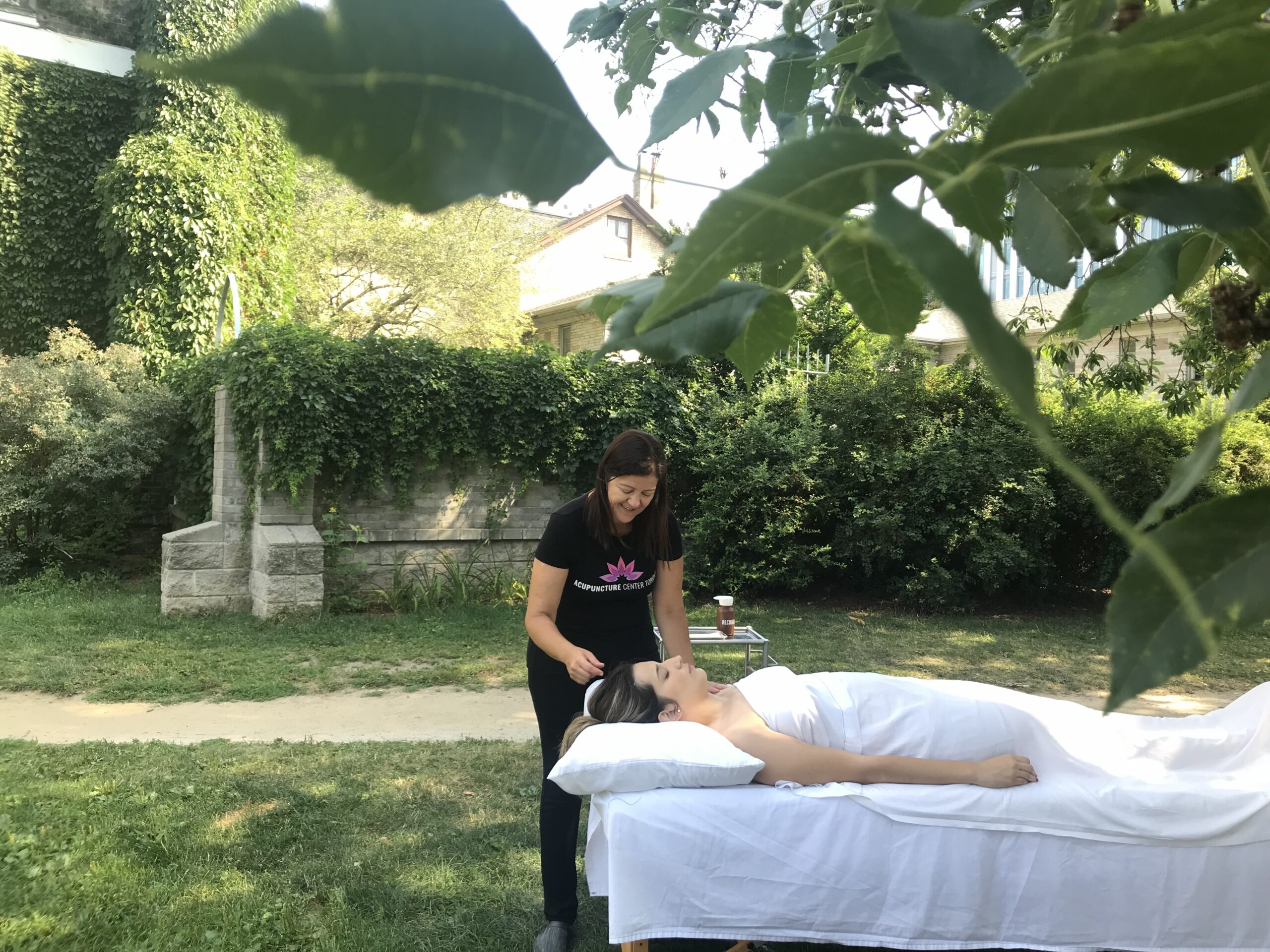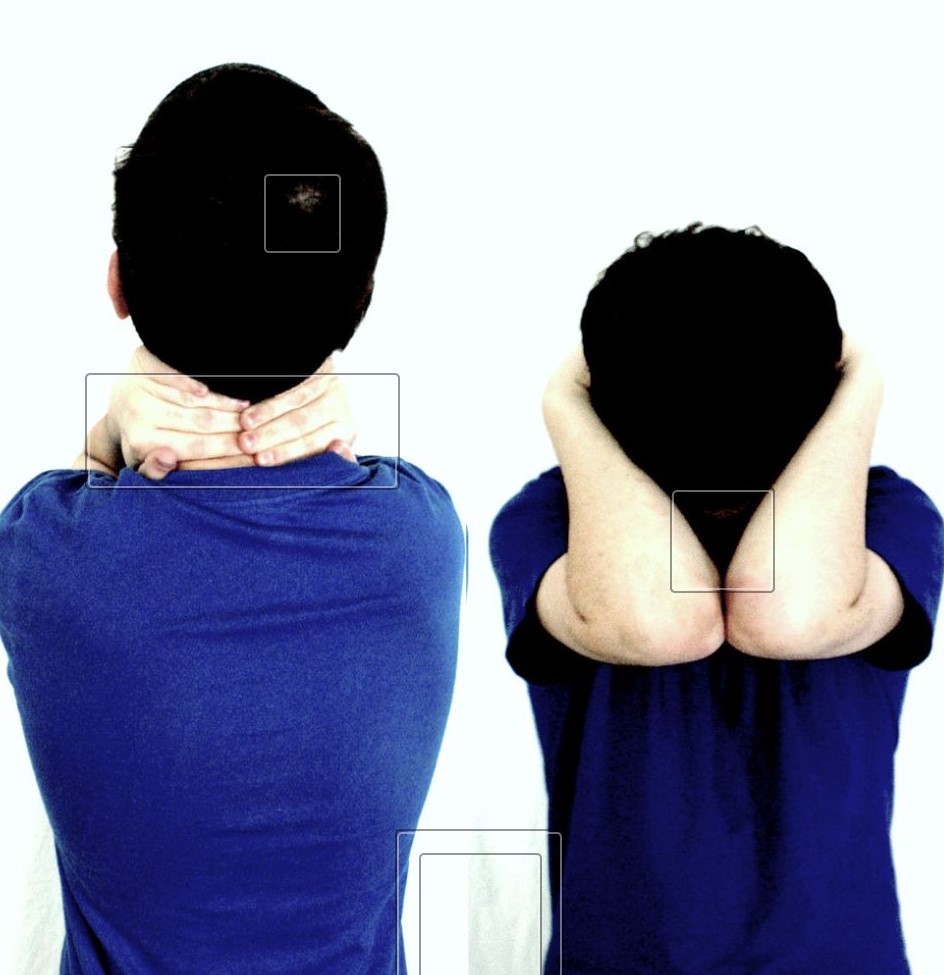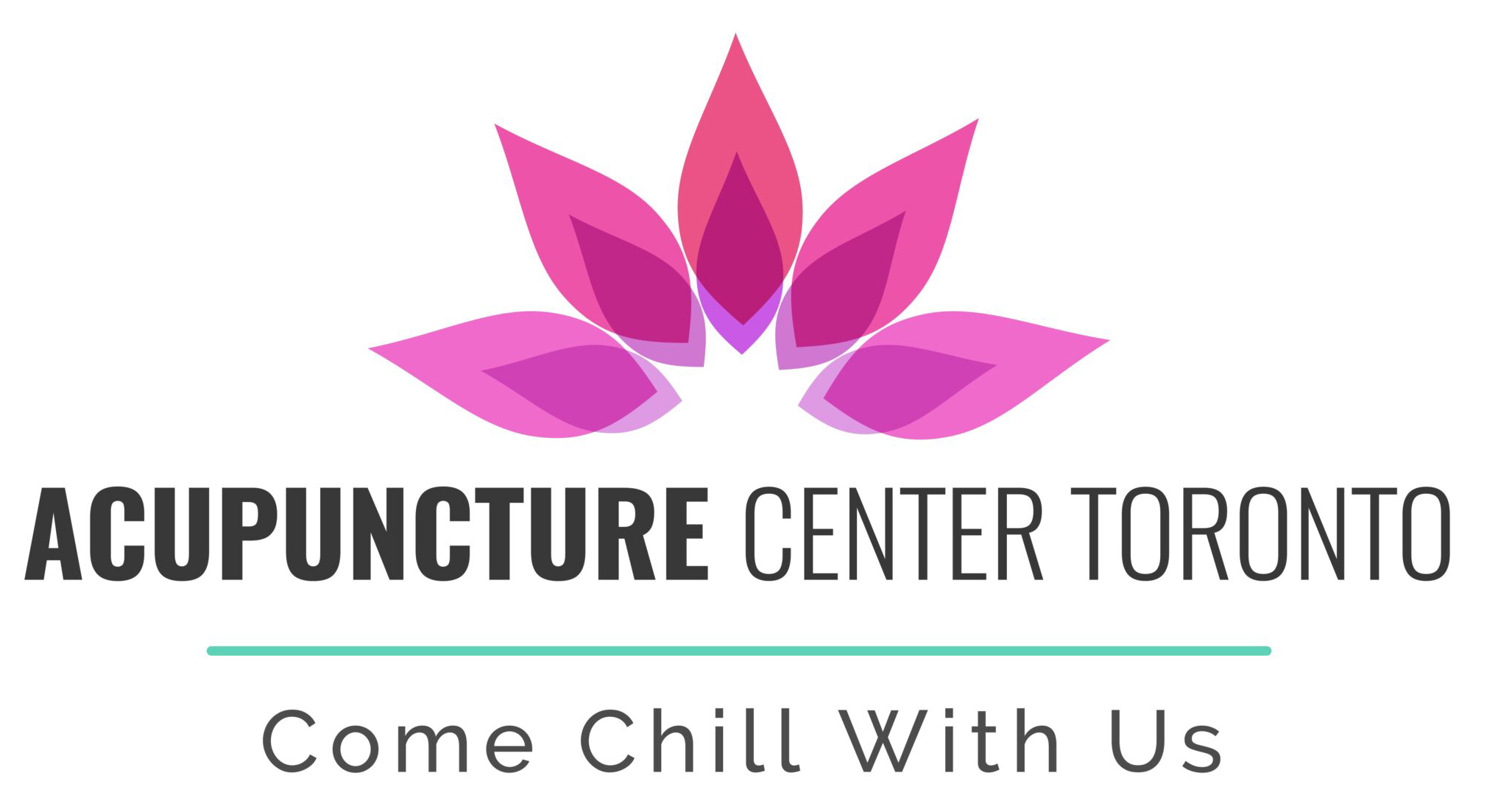
Book an appointment to decrease stress and anxiety
Now more than ever is the best time to book an acupuncture appointment to calm the mind and release some of the stress and anxiety accumulated over the past months. Rest assured that Acupuncture Center Toronto has taken all the precautions for your safety, and all of our patient’s who have booked with us feel at ease. Now all that’s left to do is come to the Center and enjoy yourself. We believe acupuncture is a safe way to lower anxiety and keep us mentally strong to serve ourselves and others. NO BETTER TIME THAN THE PRESENT TO COME CHILL WITH US!!
Here we are “In it together but separate” and boy-oh-boy, what a wild, anxiety-ridden ride it’s been! In this article, we’d like to shed insight on the mechanism of anxiety in terms of science and Chinese medicine as well as how acupuncture can be a huge relief. As I sit here writing, I feel for each and every one of my fellow Torontonians, patients, and beyond. I’m with you and myself included am dealing with my own bounty of fears. I sometimes get anxious to know what the future holds for the upcoming years?! I’m thankful that I can rely on acupuncture to help me deal with these strange and stressful times.
How Acupuncture helps anxiety
Acupuncture has been shown throughout the years to help calm the nervous system and reduce stress and anxiety levels. You’ve probably heard someone you know brag about how relaxing their acupuncture appointments are! They aren’t mincing words. The voice of science has spoken. Acupuncture is EXCELLENT for stress and anxiety!!! In 2017 a randomized controlled study performed on patients who work and study in a large urban college campus praised the efficacy of acupuncture for stress and anxiety! The study scientifically proved that acupuncture was successful at decreasing their perception of stress and its positive effects lasted for 3 months after the completion of the treatment. But one questions remains, are you anxious?

Are you guilty of overthinking and being apprehensive about the future?
If so, then there’s a chance that you might be experiencing anxiety. Anxiety is your body’s natural response to stress. Yes, that is right! Right now, there’s more uncertainty than ever about our health, our parent’s health and generally making sure we’re all safe. But that’s not the only uncertainty we have been experiencing during these hard times. Many of us are worried about our jobs, having enough money to pay for rent, food and survive. All these concerns are valid. Is your anxiety “normal”? What is normal anyways?!
Is your anxiety normal?
Everyone gets anxious here and there… absolutely normal, it’s part of life. Anxiety only becomes a problem when your find yourself constantly overwhelmed.

Signs that you may have severe anxiety
Stress is basically your body’s response to pressures from situations and events. Stress is relative and like anxiety we all experience stress at one point or another. In moderation stress can be an important motivator and mechanism to overcome challenge. Some people are more affected by stress than others. The issue becomes when stress is too high, and you find yourself unable to cope. When life situations become demanding and we lose control over a situation- stress unleashes its fury.
How acupuncture counteracts anxiety
If you had acupuncture before, you probably remember feeling very relaxed lying on the table, with a few super-fine needles inserted into your hands, feet and scalp. The funny thing is you cannot move and yet you feel so relaxed that moving is the last thing you want to do! That sense of heaviness, melting on the table and staying there as long as you can is the goal! If you’ve experienced this, then you went from fight-or-flight to rest-and-relax response. If you haven’t maybe it’s time you book and appointment so you can see how relaxed, you feel during and afterwards.
Chinese Medicine and the physiology of anxiety
It’s important to seek a Registered Acupuncturist (R. Ac) to properly diagnose your body patterns in Chinese Medicine terms. Diagnosis is very unique to each person and varies from time to time, but for the sake of simplicity, let’s try to explain stress according to Chinese Medicine in an easy way:
At Acupuncture Center Toronto, we insert needles right into certain acupuncture points that trigger the release of “happy hormones” such as serotonin. The happy hormones we release with acupuncture stimulates the parasympathetic nervous system into a rest-and-relax response.
We are acupuncture anxiety wizards and have been for many years!
All of my colleagues at the Center are true experts at helping our patients calm the sympathetic nervous system and counteracting fight-or-flight mode. We successfully have been combatting anxiety in the practice for over 20 years. We all have our own tools and techniques to help patients with anxiety. I have a few of my own too! I insert needles gently on the head (known as scalp acupuncture) for neurological and psychosomatic disorders to helps my patients who come to the Center looking to take a bit of the edge off from their stressful lives in Toronto and the GTA. I also like to use a combination of classic body points and auricular (ear) acupuncture to get long-lasting results.
Check out Carrie’s quick DIY on an excellent point to press when you’re feeling anxious…
As we navigate through tidal waves of personal life storms here in Toronto, we find our bodies packed with all kinds of whirling stress hormones. Tough physiological responses triggered by these historically anxious times we are living through; our bodies mind and spirit need support.
What makes us feel stressed?
There are tons of possible negative forces or “stressors” such as:
Positive stressful situations can include
The physiology of stress
Your body will react to the stress, then is stimulated to produce “stress hormones” (yes there’s such a thing) which trigger a fight or flight response, which in turn activates our immune system. Our immune systems is amazing and capable of responding quickly to dangerous situations.
Fight-or-flight response in a nutshell
When facing a stressful situation or danger the eyes and ears send information to the Amygdala.
The amygdala interprets it and sends the distress signal to the hypothalamus that acts as the command center and communicates with the rest of the body through the autonomic nervous systems.
The autonomic nervous system has two components, the sympathetic nervous system and the parasympathetic nervous system.
The sympathetic nervous system triggers the fight-or-flight response.
The adrenal glands respond by pumping the hormone epinephrine (aka adrenaline) into the bloodstream. The heart beats faster than normal, pushing blood to the muscles, heart, and other vital organs.
Extra oxygen is sent to the brain, increasing alertness: sight, hearing. Other senses become sharper.
All of these changes happen so quickly, and we are not even aware of them.

